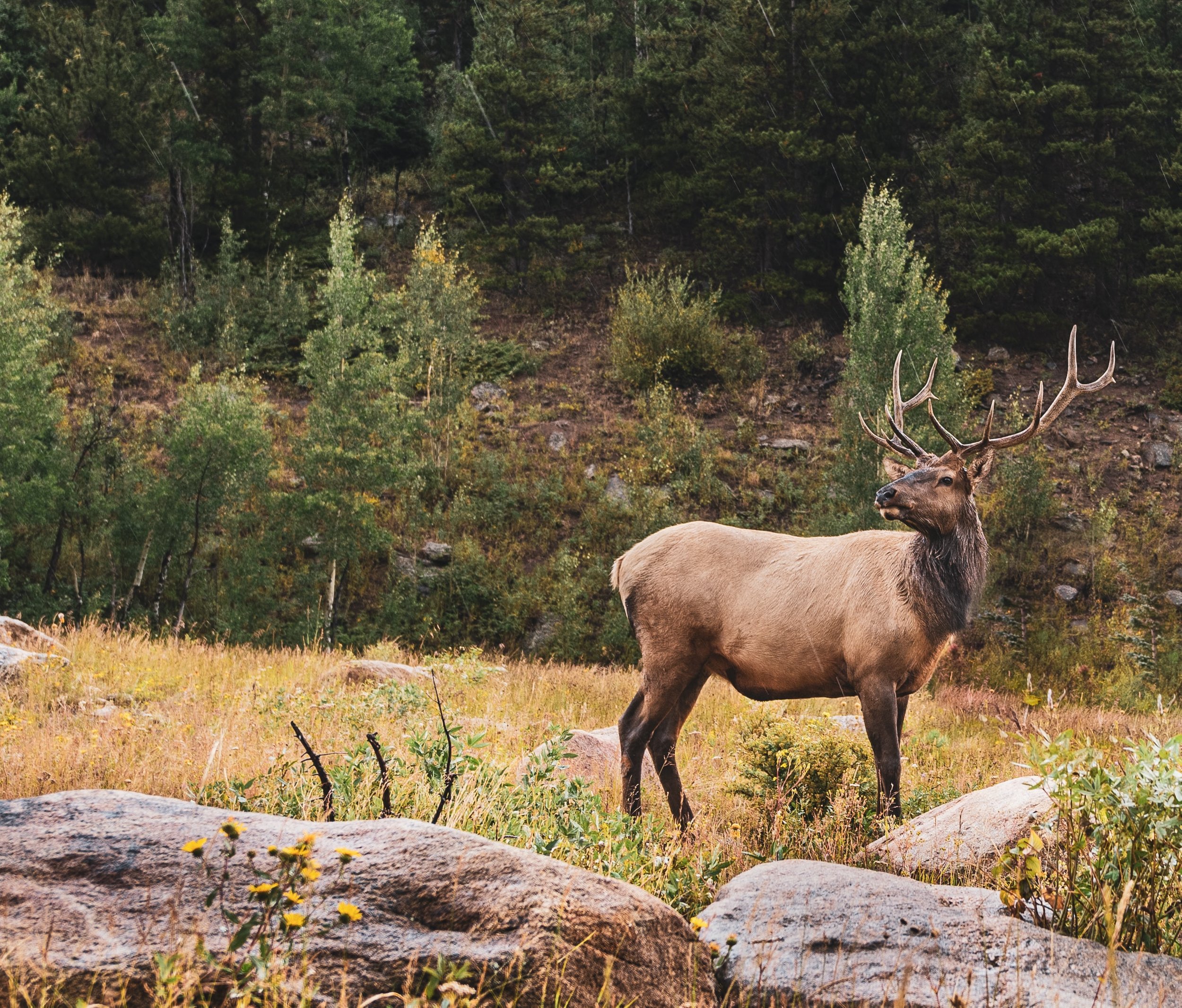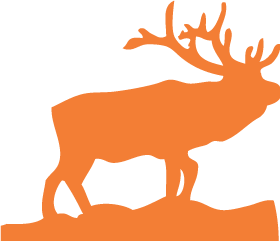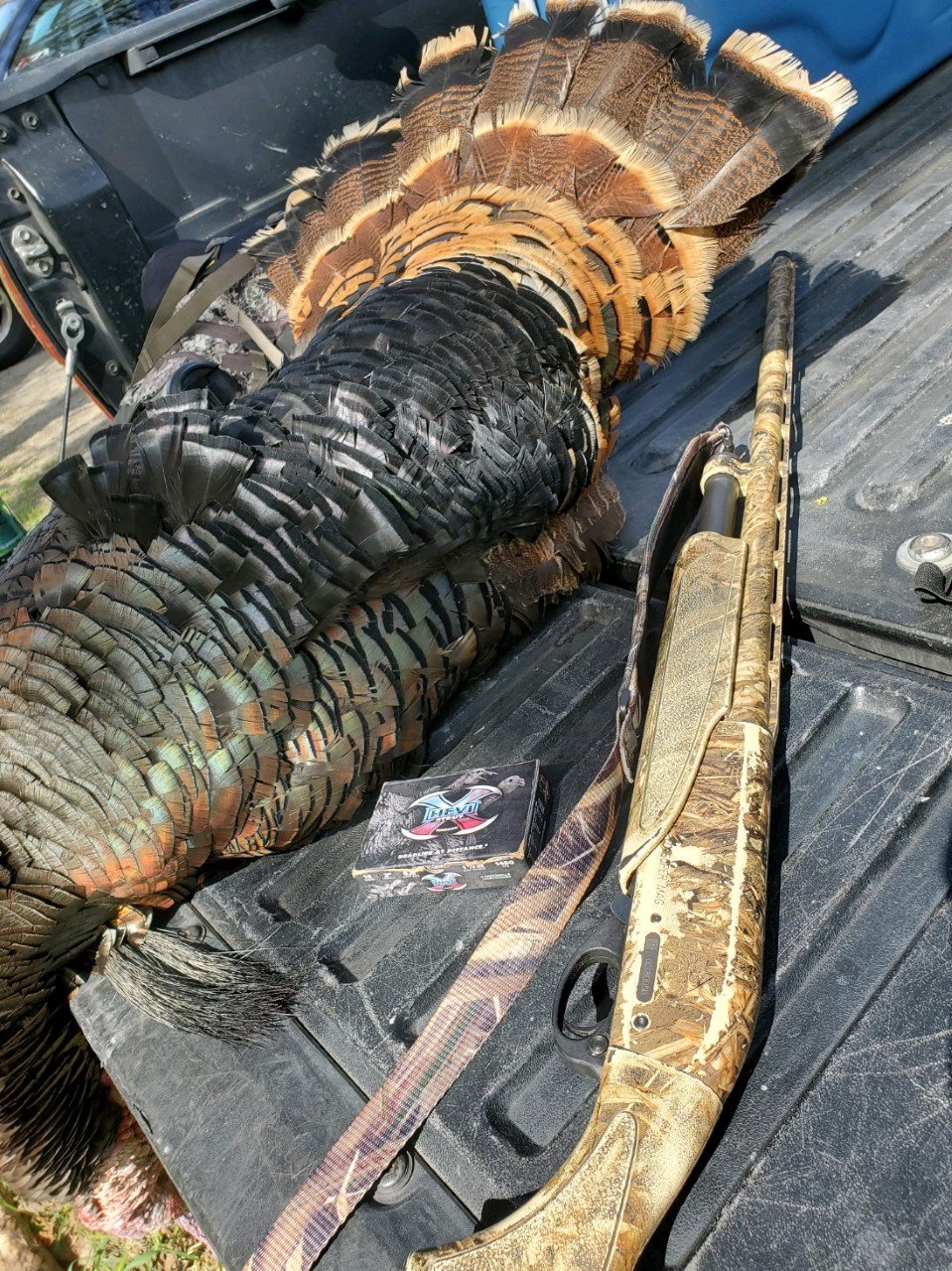
Shotgun Shells
Pellets
Steel
Steel shot is the most cost effective and readily available non-lead alternative to lead. Since steel is lower in density than lead, energy does have a tendency to dissipate fast so manufacturers increase the shot’s velocity to compensate and improve ballistics. Hunters have also realized that increasing shot size when using steel offers increased performance on game.
Although there were concerns of how well steel shot kills (especially after the 1991 US ban of lead shot for waterfowl), studies have show that there is no reduction in harvest success or increase in “winged” animals. Nearly all shotgun ammunition manufacturers produce a steel shotgun shell.
Tungsten
One of the few alternatives that is denser than lead is tungsten or tungsten based alloys. Tungsten is often more expensive than lead based ammunition. Tungsten would be a great alternative to turkey, predator and pig hunters using buckshot. These game animals often offer limited shooting opportunities when compared to the high volume of ammunition a hunter goes through while waterfowl and upland game hunting. Manufacturers include Hevi-shot, Federal, Remington and Winchester.
Bismuth
Bismuth is a great alternative for hunters using vintage shotguns that may not tolerate the higher velocity or hardness of steel and tungsten ammunition provides. Bismuth is 86% as dense as lead, giving it excellent down range energy and similar ballistic characteristics. It is also the choice for hunters wanting similar characteristics of lead without paying for the price of tungsten based ammunition. Bismuth is the middle ground between steel and tungsten ammunition. It is slightly more expensive than steel however cheaper than most tungsten based shotgun loads. Currently Rio is the only manufacturer producing bismuth shotgun shells.
Slugs
Shotgun slugs are designed for hunting big game. There are two different designs of shotgun slugs, saboted and rifled.
Saboted Slugs
Saboted Slugs are undersized and fit into a plastic cup that falls off once the bullet has left the muzzle of the shotgun. Nearly all slugs are sabots and require a rifled shotgun barrel or rifled choke to shoot accurately. Sabots can be tipped or un-tipped and are mostly hollow-points. The majority of non-lead slugs are made from copper or a copper alloy; however some are made with steel, brass or zinc components. Most slugs open with 4 or 6 petals and retain most of their weight after being fired and provide high penetration and expand up to 2 times their original diameter. Examples include: Federal Trophy Copper, Barnes Expander, Winchester XP3, and Hornady Monoflex .
Rifled (fostered) Slugs
Rifled Slugs are shotgun slugs that already have grooves on the projectile itself to promote rotation and increase accuracy. These slugs are designed to shoot out of smoothbore shotgun barrels, however they can also be used in fully rifled or barrels with rifled chokes. Manufacturers include Brenneke, and DDuplex.
How to Switch
All shotguns can shoot non-lead shells, but it is important to understand which of the various options your gun can and cannot shoot. For example, guns that are considered vintage (typically more than 50 years old) or have a fixed full choke, are recommended to shoot either bismuth or tungsten. If you are ever unsure about the safety of non-lead in a particular firearm, contact the manufacturer or a gunsmith.
Generally, when using non-lead shot you will use a choke with one degree less constriction than a lead-only choke. For example, to achieve a full choke lead shot pattern with non-lead, you would use a modified choke. For a typical modified lead shot pattern using a non-lead load you would use an improved cylinder. Trying to shoot a non-lead shot shell load through a full or extra-full lead choke tube will damage the shotgun barrel, choke and possibility yourself. Bismuth has very similar characteristics to lead and no action is needed when choosing choke constrictions.
Non-lead Turkey Loads
Patterning your shotgun is as important as patterning any other firearm. The goal of producing a great turkey shotgun is finding the right combination of choke and shot shell load that produces the tightest pattern possible. Although having a tight pattern is great for longer range shots on turkeys, close range shots become harder since the pattern is small enough to miss the turkey’s head completely.
Tungsten based turkey loads can be smaller than lead shot since tungsten is more dense. For the right balance of downrange energy and pellet count we recommend shot size ranging from #5-8 shot. The opposite is true for steel. Steel is lighter so we recommend using #2-5 shot size. Please check your state’s turkey hunting regulations for minimum and maximum shot size restrictions.
Non-lead turkey shotgun chokes include specialty made chokes for tungsten, Hevi-Shot or waterfowl chokes designed for steel. Specialty made chokes are usually designed for one specific brand of ammunition. Waterfowl chokes can be cheaper and typically shoot a variety of steel shot. If using a waterfowl choke, we recommend an extended choke designed for long range goose hunting.
Upland Game Loads
Shotgun loads for upland game are typically steel or bismuth shot. Steel loads for upland game range from #5-7 size shot depending on the game species. Steel is harder and will deform less then lead resulting in tighter patterns downrange. Modified and Improved Cylinder chokes are the most recommended chokes constrictions when hunting upland game with non-lead ammunition. Bismuth has nearly the same density as lead and size shot can be similar to lead shot. Examples include: Federal Speed-Shok Steel, Winchester Super-Target Non-toxic, Remington Sportsman Hi-Speed, and Winchester Super X Steel or Rio Bismuth

Find Bullets
We understand that finding ammunition for a particular rifle can be difficult, especially so with hard-to-find calibers. While HWNL does not endorse any manufacturer or retailer over another, here are a few helpful tips to find ammo:
To find common cartridges, use a search function such as gunbot.net or ammoseek.com
If it isn’t found by using a search function, find a custom ammunition loader. Custom loaders can make any known cartridge, and some will use once-fired brass from the client to reduce costs.
Visiting your local gun store and asking for non-lead ammunition may be the most convenient way to purchase non-lead ammunition. Knowing what brands and bullet models are available in non-lead before going to your local store is always a good idea.
Bullets are widely available and we have found 293 cartridges loaded with non-lead bullets made by custom loaders.
Lastly, email nonlead@iws.org and use our experience to help you find the cartridge for you.





